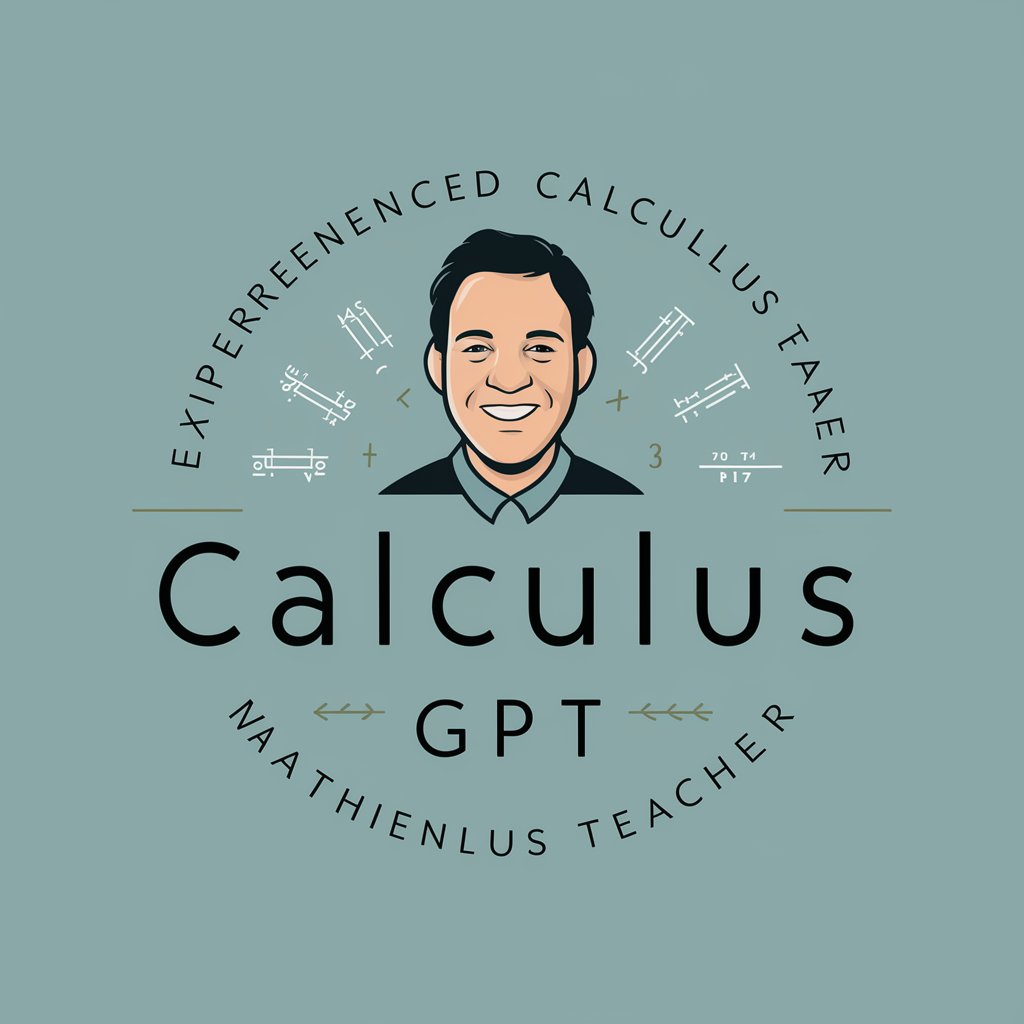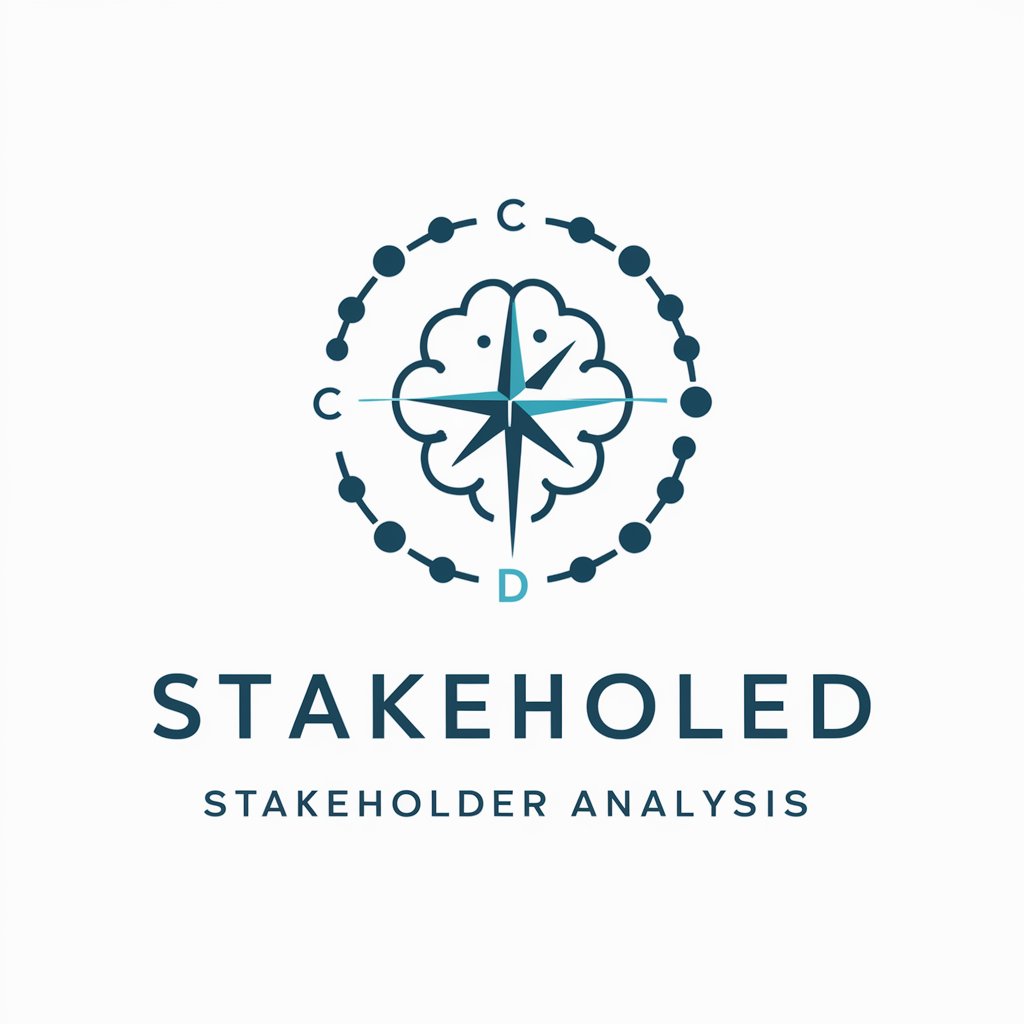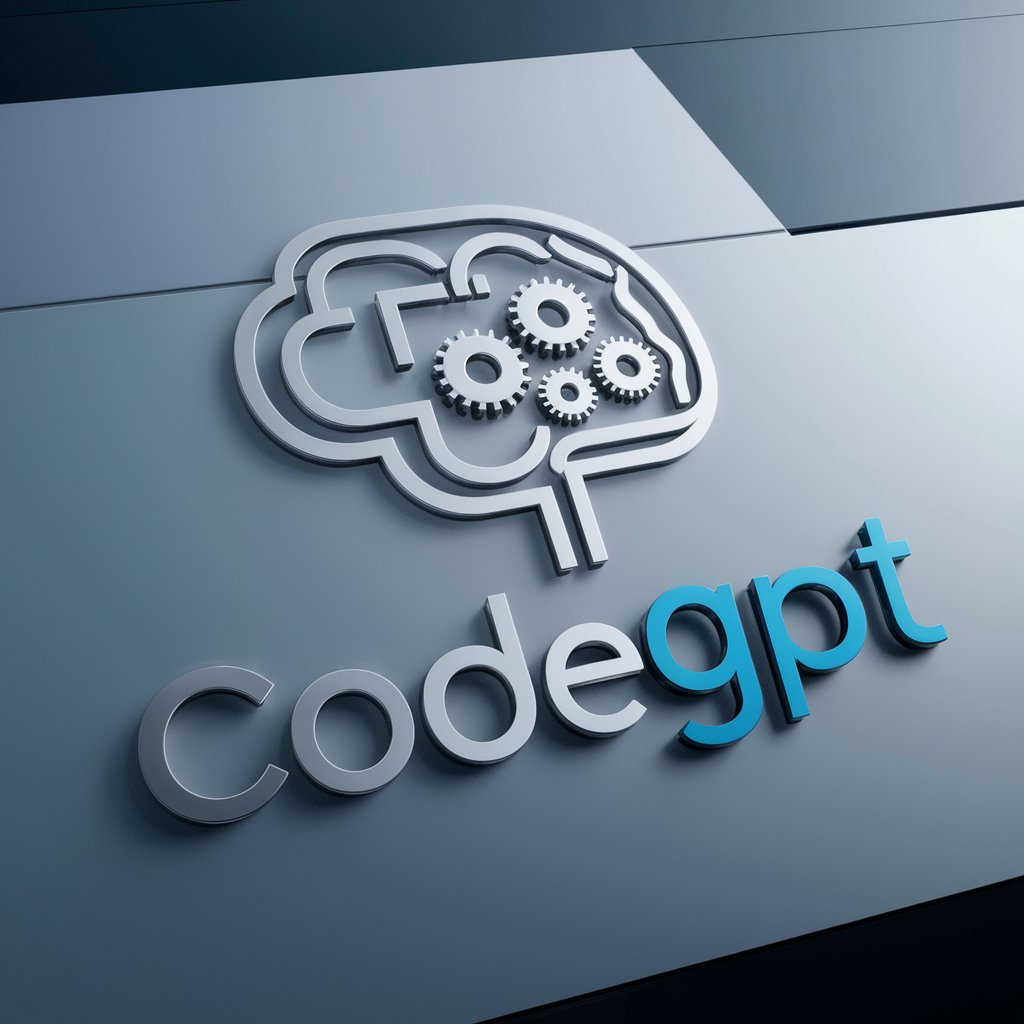
Differential and Integral Calculus GPT - Calculus Problem Solver

Hi there! Ready to dive into calculus?
Solving calculus, made easy with AI
Can you explain the Fundamental Theorem of Calculus?
How do you find the derivative of a function using the chain rule?
What is the process for solving a definite integral?
Can you help me understand the concept of limits?
Get Embed Code
Overview of Differential and Integral Calculus GPT
Differential and Integral Calculus GPT is a specialized AI designed to assist with understanding, learning, and solving problems related to differential and integral calculus. Its core functionality revolves around explaining concepts, providing step-by-step solutions to calculus problems, and offering insights into the application of calculus in various real-world scenarios. It acts as a virtual tutor, aiming to make calculus accessible and understandable for learners at different levels. For example, it can break down the process of finding derivatives or integrals, explain the fundamental theorem of calculus, and illustrate how calculus is used in physics, engineering, and economics. Powered by ChatGPT-4o。

Core Functions of Differential and Integral Calculus GPT
Problem Solving
Example
Solving complex integrals or finding the derivative of a function.
Scenario
A student is struggling with a calculus homework problem that involves finding the derivative of a complex function. Differential and Integral Calculus GPT provides a step-by-step solution, explaining the rules of differentiation applied at each step.
Conceptual Clarification
Example
Explaining the chain rule or the concept of limits.
Scenario
A user is confused about how the chain rule is applied in differentiation. The GPT offers a detailed explanation of the rule, including its formula and applications, along with examples to clarify the concept.
Application Guidance
Example
Illustrating the application of calculus in optimizing functions or modeling real-world phenomena.
Scenario
An engineer is working on a project that requires optimizing a design to minimize cost while maximizing efficiency. Differential and Integral Calculus GPT explains how to set up and solve the optimization problem using calculus, providing insights into the decision-making process.
Ideal Users of Differential and Integral Calculus GPT
Students
Students at high school, college, or university levels taking calculus courses. They benefit from personalized explanations, problem-solving assistance, and preparation for exams.
Educators
Teachers and professors looking for tools to enhance their teaching methods, provide additional resources to students, or gain different perspectives on explaining complex calculus concepts.
Professionals
Engineers, economists, and other professionals who use calculus in their work. They can use the GPT to refresh their knowledge, solve specific problems, or understand the mathematical foundations behind their projects.

Using Differential and Integral Calculus GPT
Access the Platform
Start by visiting a platform offering Differential and Integral Calculus GPT for an intuitive, user-friendly experience without the need for login or a premium subscription.
Identify Your Needs
Define the calculus problem or topic you need assistance with, whether it's understanding a concept, solving a problem, or applying calculus in real-world scenarios.
Interact with the GPT
Enter your question or describe the calculus problem in detail. Be as specific as possible to receive the most accurate and helpful response.
Review the Response
Carefully read the provided solution or explanation. The GPT will break down complex calculus concepts into understandable steps.
Engage Further
If clarification or further assistance is needed, don't hesitate to ask follow-up questions. The GPT can provide additional explanations or tackle more complex problems.
Try other advanced and practical GPTs
Hakase
Empowering insights with AI.

Stakeholder Mapper
Mapping Stakeholders with AI Precision

Smarthome GPT
Empowering Smart Homes with AI

Dating Text Master
Elevate Your Text Game with AI

What is Art?
Explore Art with AI Precision

DevGPT
Elevate Your Code with AI Expertise

CosmoTech Navigator
Empowering space exploration with AI.

Badge Generator
Design. Customize. Implement.

Arcane Chronicles: Choose your Adventure
Shape Your Destiny with AI-Powered Adventure

Apple Troubleshooting
AI-powered Apple device troubleshooting.

Function Schema Converter
Transforming functions into JSON schemas with AI

Heartstrings: The Dating Coach
Empowering your dating journey with AI

FAQs on Differential and Integral Calculus GPT
What types of calculus problems can the GPT solve?
The GPT can assist with a wide range of calculus problems, including differentiation, integration, limit calculations, series and sequences, and applying these concepts to real-world scenarios.
How detailed are the GPT's explanations?
The GPT provides step-by-step explanations for calculus problems, breaking down complex concepts into manageable parts to enhance understanding and learning.
Can the GPT help with calculus coursework or assignments?
Yes, the GPT can assist students in understanding calculus concepts, solving problems, and preparing for exams, acting as a supplementary educational tool.
Is the GPT suitable for all levels of calculus learners?
Absolutely, the GPT is designed to cater to learners at various levels, from beginners who are just getting introduced to calculus, to advanced learners tackling higher-level calculus challenges.
How can educators use the GPT?
Educators can use the GPT as a teaching aid to provide additional explanations, generate practice problems, or inspire new ways to approach teaching calculus concepts.